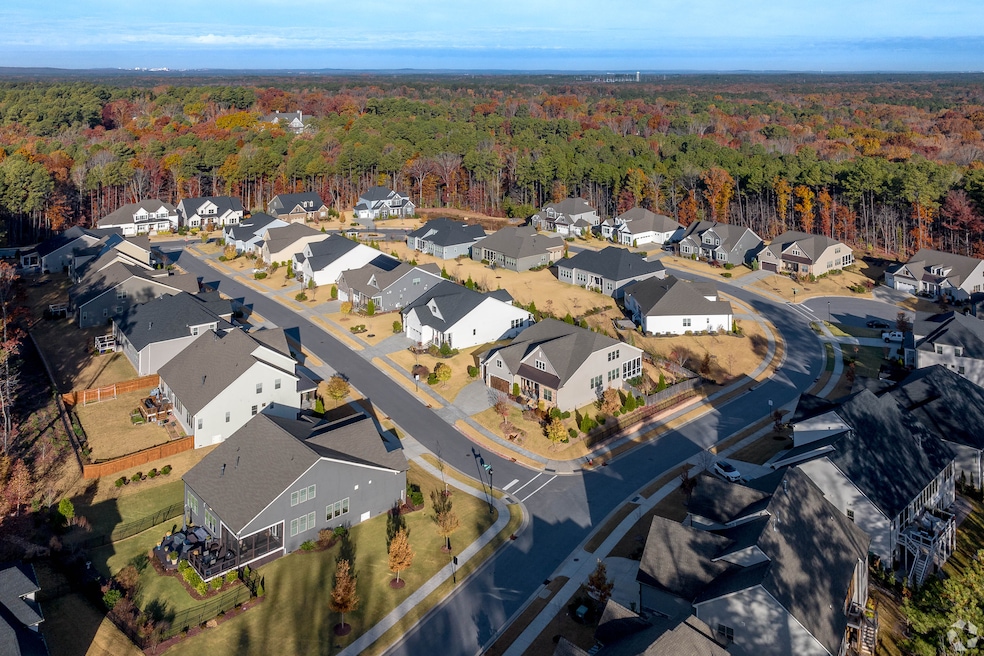Borrowing costs have stagnated, even as the Federal Reserve has cut interest rates and the presidential election has been decided.
In the week ended Nov. 14, the 30-year, fixed-rate mortgage averaged 6.78%, according to mortgage giant Freddie Mac. That’s slightly lower than the previous week’s average of 6.79% and lower than the same time a year earlier when rates averaged 7.44%. Though minimal, the decrease breaks a six-week streak of increases in mortgage rate averages.
At the same time, the 15-year, fixed-rate mortgage also just barely decreased, averaging 5.99%. Last week, it stood at 6%, and a year earlier it was 6.76%.
Daily mortgage rates are usually more volatile than the weekly average, and as of Thursday afternoon they had eased slightly, but still hovered near the 7% threshold.
The 30-year, fixed-rate mortgage stood at 7.01% while the 15-year, fixed-rate mortgage was 6.37%, according to Mortgage News Daily. At those rates, if a buyer took out a 30-year, fixed-rate mortgage for a $250,000 loan, they’d be paying about $1,665 per month. But early trading patterns on Thursday indicated the potential for possible positive impact on mortgage rates later in the day.
Market-moving decisions
The stalled mortgage market comes on the heels of two major market-moving events in the U.S. Last week, former President Donald Trump won his second presidential election and the Federal Reserve cut its federal funds target range by a quarter point, to 4.5%-4.75%. It also comes after a strong upswing in mortgage rate averages, even following the Federal Reserve’s first interest rate cut in September.
Since then, there’s been a mismatch between interest rates set by the Fed and the mortgage market.
That’s because mortgage rates aren’t determined by the Fed, according to Melissa Cohn, regional vice president of William Raveis Mortgage. Instead, the mortgage market is driven by economic data.
While the central bank’s latest interest rate cut “will be helpful to consumers who have home equity loans, car loans and other loans that are impacted by the prime rate,” Cohn said in a statement, “it's not going to move the needle on mortgage rates.”
From the Homes.com blog: Is a 15-Year Mortgage Better?
Although economists are forecasting that mortgage rates will ease through next year, they aren’t expecting averages to sink much below the 6% mark. That level is lower than the highs of the past year, but significantly higher than the low mortgage rates seen during the COVID-19 pandemic.
Just how much the mortgage market moves will be determined by economic data, though. And the strength or weakness of those indicators will be influenced by the federal government, soon to be led by President-elect Trump.
Less mortgage money
In a speech last week, Lawrence Yun, chief economist of the National Association of Realtors, told real estate professionals he foresees mortgage rates landing near the 6% threshold as a result of an existing larger-than-usual budget deficit left by spending during the pandemic
“Mortgage rates in the first Trump president term was ‘good-ole days,’ 4% mortgage rates. Are we going to go back to 4% mortgage rates?” he asked. “Well, my forecast, unfortunately, is not.”
Yun said that deficit could grow under Trump’s leadership, a shift that would hamper mortgage rates from coming down.
Other analysts agree with Yun's outlook. At the end of October, the nonpartisan Committee for a Responsible Federal Budget estimated that the president-elect’s proposed tax changes would widen the deficit by about $7.75 trillion.
“The private capital that was able to lend the money out is getting soaked up,” Yun said last week. “There will be less mortgage money available because government is borrowing so much of that money, so a large budget deficit will prevent the mortgage rate from going back down.”
Ultimately, the market is operating in a state of uncertainty as investors are waiting to see what the latest economic data has to say about the economy and how Trump’s presidency will affect that data.

